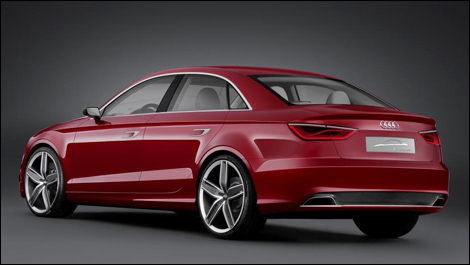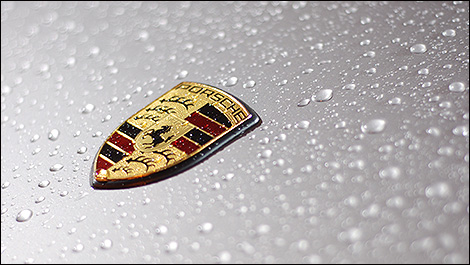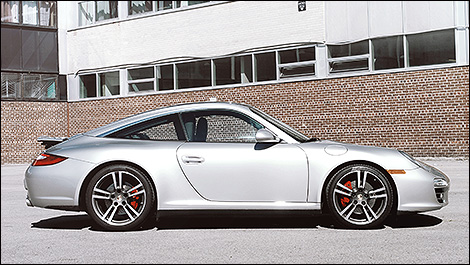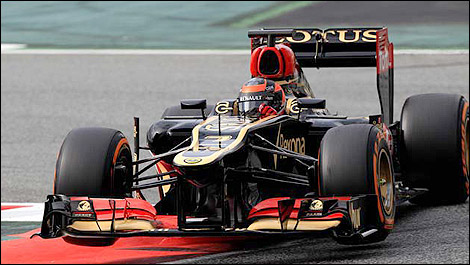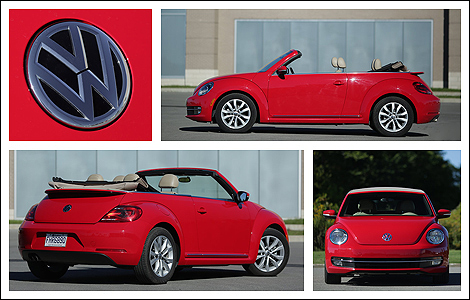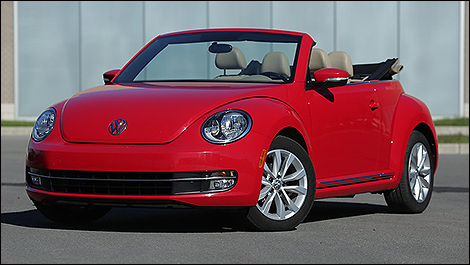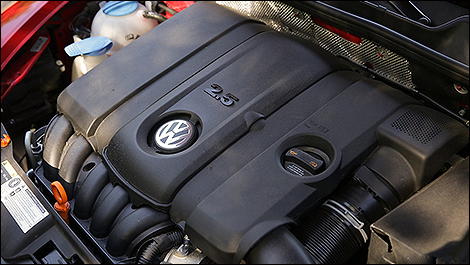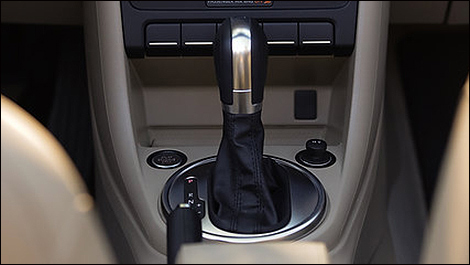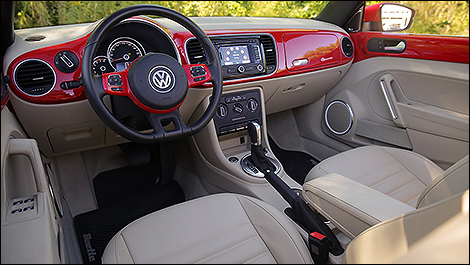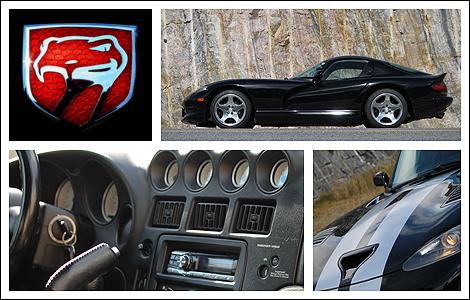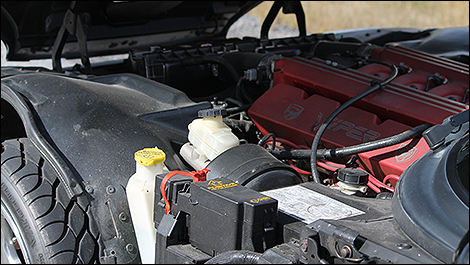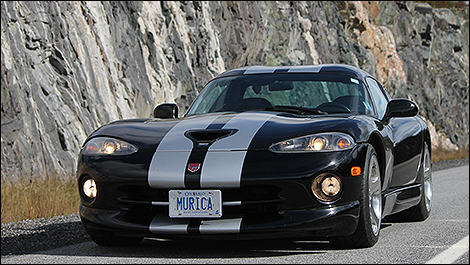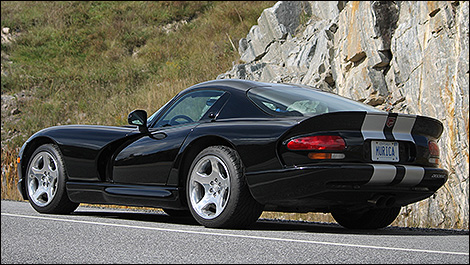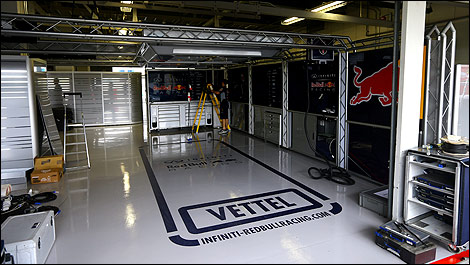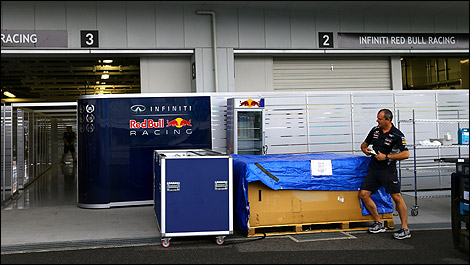Oct
29th
Stay connected Subscribe to our RSS feed
Oil and Filter Replacement
Hybrid-vehicle powertrains are usually comprised of a combustion engine, and one or more electric motors. While electric motors require little or no maintenance, the same logic does not apply to the combustion engine. Hybrid or not, these engines require periodic replacement of both oil and filters.
Highway Use
If you spend a lot of time cruising down highways, especially in winter, the combustion engine is inevitably almost always in service, unless you're decelerating, driving downhill or stopping. As the combustion engine is doing most of the grunt work, you'll need to perform regularly scheduled maintenance, including engine oil and filter replacement. In the case of the Toyota Prius, the manufacturer recommends performing this service at 8,000km intervals.
City Driving
On the flipside, if most of your driving is of the city variety, chances are the electric motor carries the brunt of the load. City driving also implies a lot of braking, which through the regenerative braking system of your hybrid vehicle keeps you battery charged, which in turn allows you to use the electric motors even longer. In this scenario, the combustion engine is rarely solicited, will never overheat, and therefore extend service intervals, such as oil and filter changes, into the 15,000km or 12-month threshold.
Hybrid-vehicle powertrains are usually comprised of a combustion engine, and one or more electric motors. While electric motors require little or no maintenance, the same logic does not apply to the combustion engine. Hybrid or not, these engines require periodic replacement of both oil and filters.
Highway Use
If you spend a lot of time cruising down highways, especially in winter, the combustion engine is inevitably almost always in service, unless you're decelerating, driving downhill or stopping. As the combustion engine is doing most of the grunt work, you'll need to perform regularly scheduled maintenance, including engine oil and filter replacement. In the case of the Toyota Prius, the manufacturer recommends performing this service at 8,000km intervals.
City Driving
On the flipside, if most of your driving is of the city variety, chances are the electric motor carries the brunt of the load. City driving also implies a lot of braking, which through the regenerative braking system of your hybrid vehicle keeps you battery charged, which in turn allows you to use the electric motors even longer. In this scenario, the combustion engine is rarely solicited, will never overheat, and therefore extend service intervals, such as oil and filter changes, into the 15,000km or 12-month threshold.
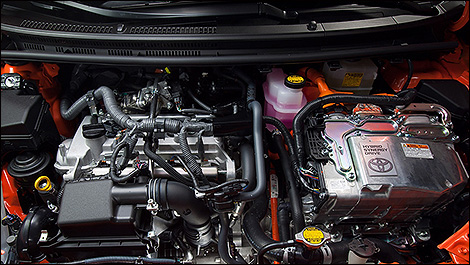 |
| Photo: Toyota |
 The latest auto news, reviews, prices, product and vehicle releases.
The latest auto news, reviews, prices, product and vehicle releases. 